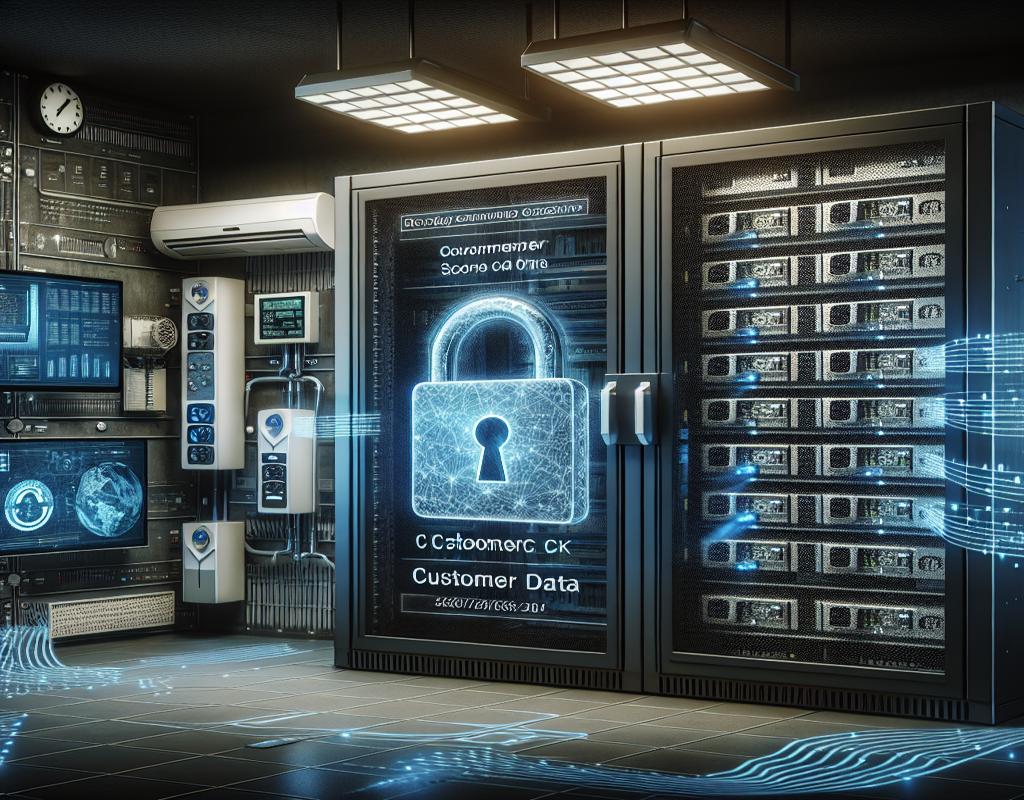
Keeping Customer Data Safe: The Importance of a Secure HVAC Website
1. Understanding the Risks
Before diving into the specifics of securing a HVAC website, it is essential to grasp the potential risks that come with inadequate data protection. HVAC systems are increasingly connected to the internet and often collect sensitive information about customers. A breach in security could lead to unauthorized access to this data, putting both the customers and the business at risk.
2. Implementing Secure Protocols
One of the first steps in securing a HVAC website is to implement secure protocols such as HTTPS. This ensures that data transmitted between the website and the user is encrypted, making it much harder for hackers to intercept and steal sensitive information. Additionally, regular security audits and updates should be conducted to identify and address any vulnerabilities in the system.
3. Secure Payment Processing
If your HVAC website involves online transactions, it is crucial to ensure that payment processing is secure. This includes using reputable payment gateways, encrypting payment information, and complying with industry regulations such as PCI-DSS. By taking these measures, you can protect your customers' financial data from falling into the wrong hands.
4. Secure Customer Accounts
Creating a secure login system for customers is another vital aspect of data protection. This can include implementing multi-factor authentication, strong password requirements, and monitoring for suspicious login activities. By securing customer accounts, you can prevent unauthorized access to personal information and maintain the trust of your clients.
5. Educating Staff and Customers
Lastly, educating both staff and customers about the importance of data security is key to maintaining a secure HVAC website. Training employees on best practices for handling customer data and raising awareness among customers about the risks of sharing sensitive information online can go a long way in preventing security incidents.


In conclusion, ensuring the security of customer data on a HVAC website is paramount in today's digital landscape. By understanding the risks, implementing secure protocols, securing payment processing, safeguarding customer accounts, and educating stakeholders, HVAC professionals can create a safe online environment for their clients. Prioritizing data security not only protects customers from potential harm but also helps to build trust and credibility in the industry. Remember, when it comes to keeping customer data safe, prevention is always better than cure.


05 Comments